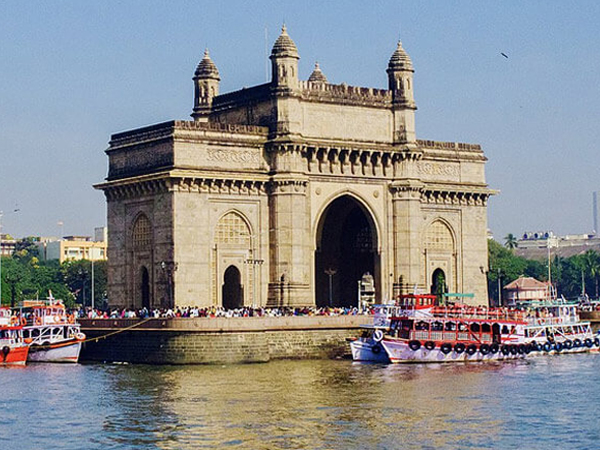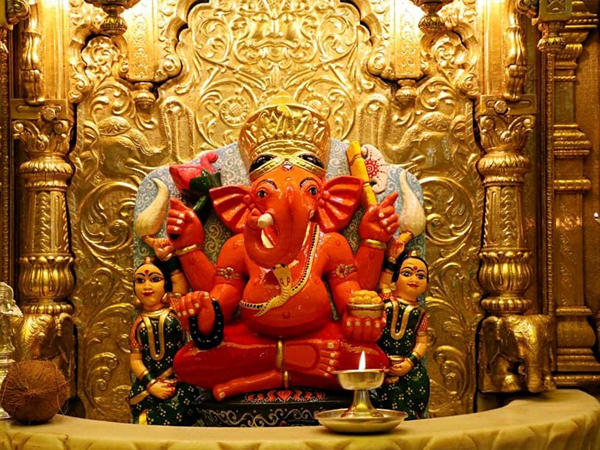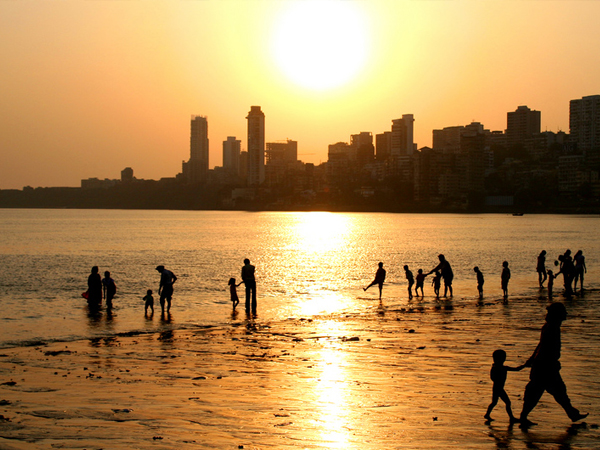As it’s mentioned everywhere, everyone knows that the people of Kerala are down-to-earth, amiable and welcoming, which is now very rarely seen in India. Though the mother language is Malayalam, English is well-spoken and understood by almost everyone out there. Since they are natives of Kerala, they are known as “Keralites”. The Keralites also are very progressive in terms of cleanliness, healthcare and physical quality of life. These people emphasize much on education and make it a point to ensure that the younger generation knows the religious teachings of their culture. Most people are making it a point that their kids receive education at least till the primary level.
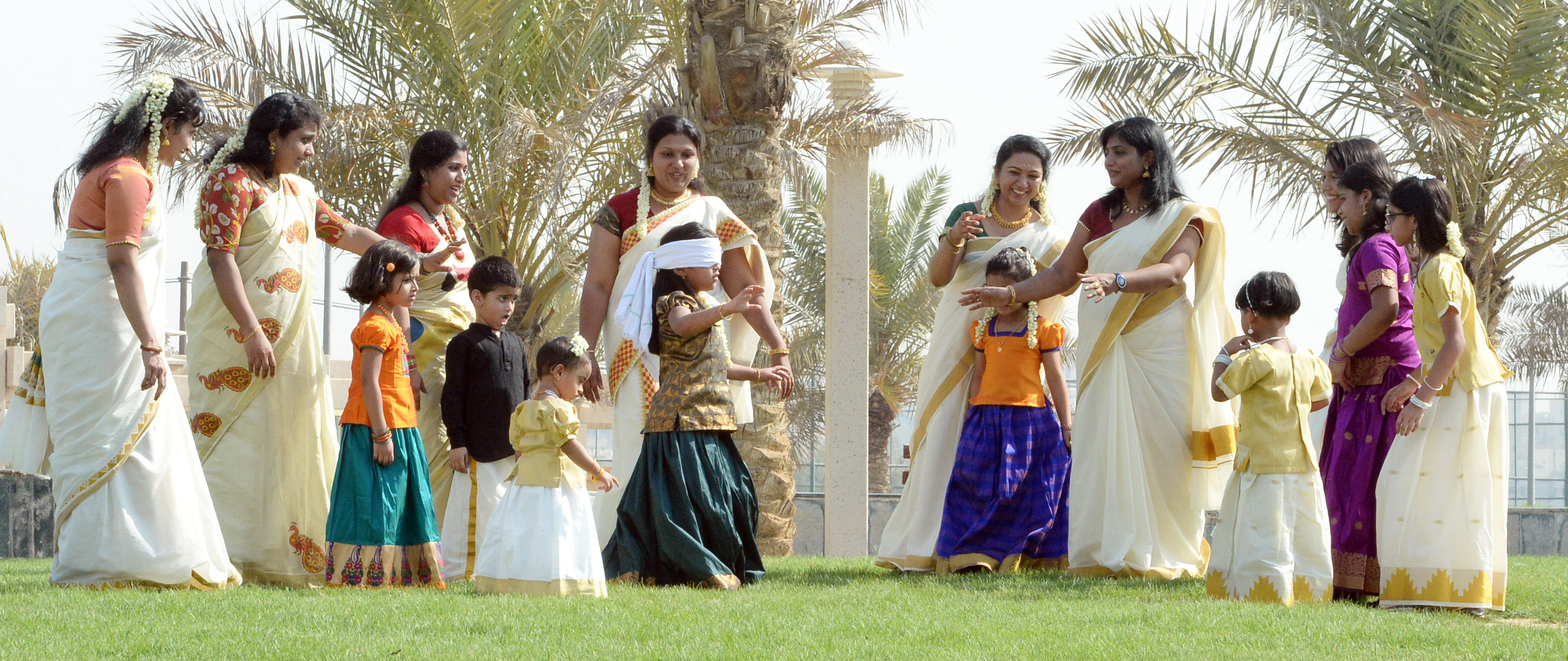
Well, there are numerous homestay options, where you can spend time with the locals and experience their culture and folklore personally. For an authentic rural experience, head to Kumbalangi Integrated Tourism Village, which is approx 14 kilometers (8.6 miles) from the Ernakulam Railway Station. Several homestays are available in this village. You can explore the paddy cultivation, indulge in farming, fishing, canoeing in mangrove forests, etc.
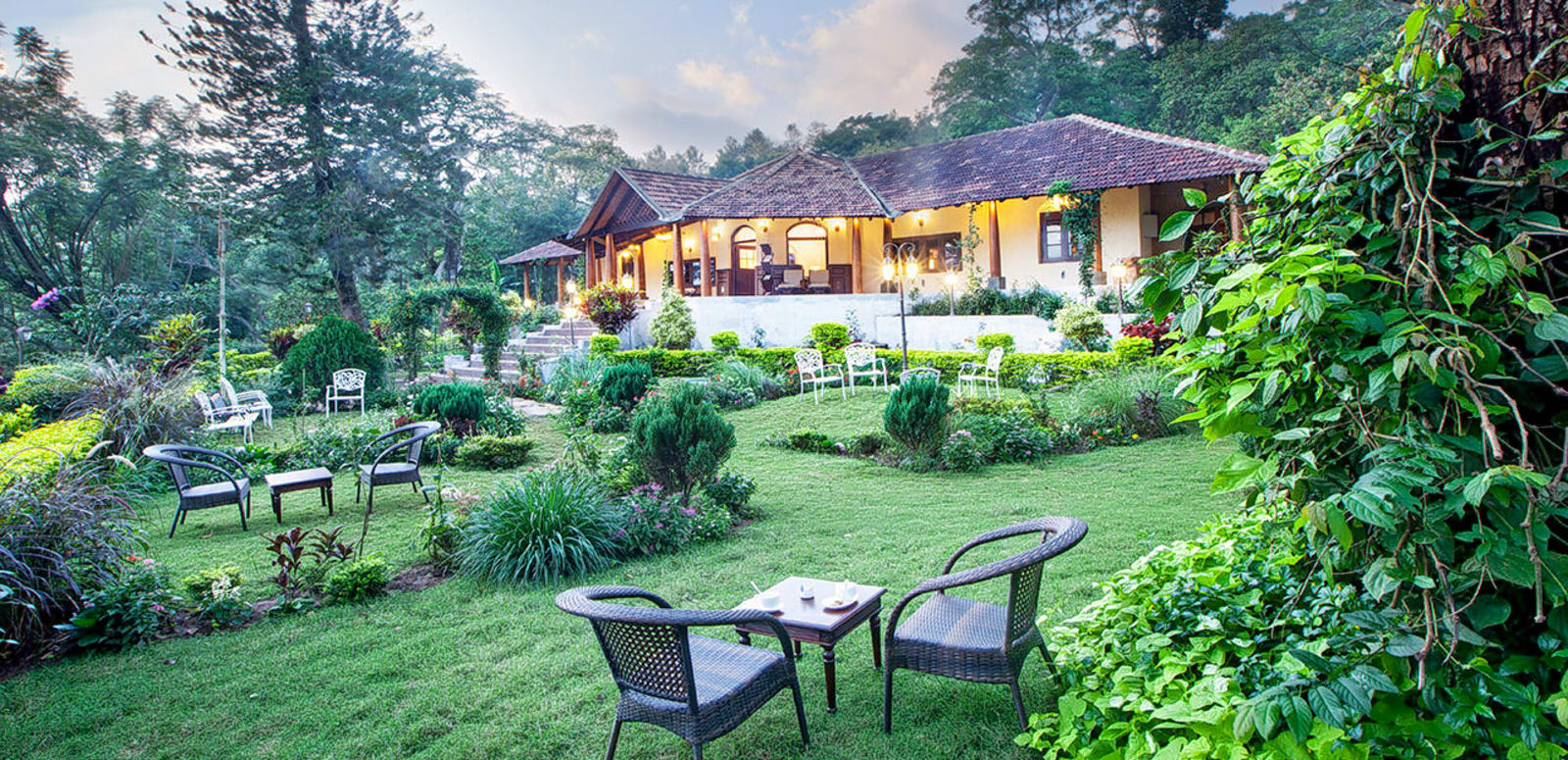
Regarding food, they are very particular about their health and are conscious about sticking to a balanced diet. Also, the natives of Kerala follow a very normal dress code. Even during special events and ceremonial occasions, they do not believe in flaunting off. The women dress up in the traditional unique ‘set mundu’, a graceful and elegant attire which requires the skillful draping of two pieces of cream-colored cloth with striped or zari border, somewhat similar to a sari (sans the pleats), worn over a matching blouse. The men mostly wear white ‘mundu’ with a kurta or shirt, or a cotton ‘lungi’ with a towel hanging from or worn around the shoulders. The men in cities wear pants and shirts while the sari is worn by all types of women. The younger generation prefers to follow fashion and wear anything from jeans to salwar kameez but by the passage of time, they too realize the importance of their state’s traditional attire.
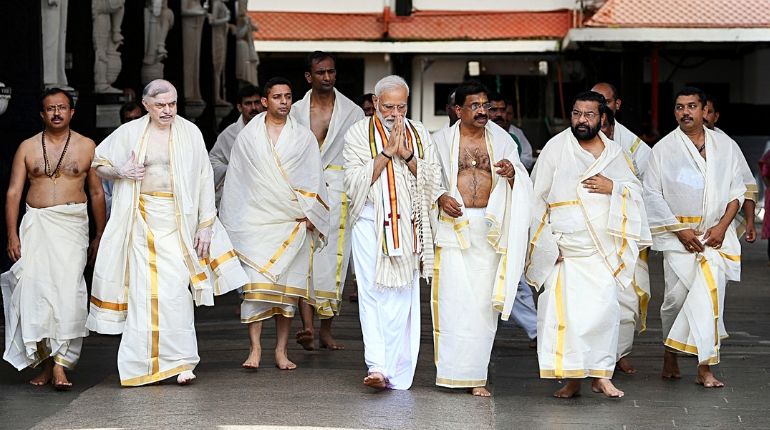
Kerala has been one of the most cosmopolitan and peace-loving states in India. It has served as a melting pot of the cultures from the orient and the occident. This tolerance of diverse cultural values has persisted through the ages. Kerala’s culture represents the quintessence of the collective achievements of its people in the fields of religion and philosophy, language and literature, art and architecture, education and learning, and economic and social organization. In fact, throughout its history, the genius of Kerala has bloomed forth in all its vigor and vitality and has helped its people to reach the peak of excellence in all their endeavors.
Also, Kerala has an equitable climate throughout the year. It is better to have cotton and light clothes with yourself but if your itinerary includes hill stations or cold places like Munnar or Thekkady so we suggest you to pack woolen clothes. Also don’t leave to take your sunglasses, hats, and sunscreen on the marvelous Kerala beaches to get away from tan.
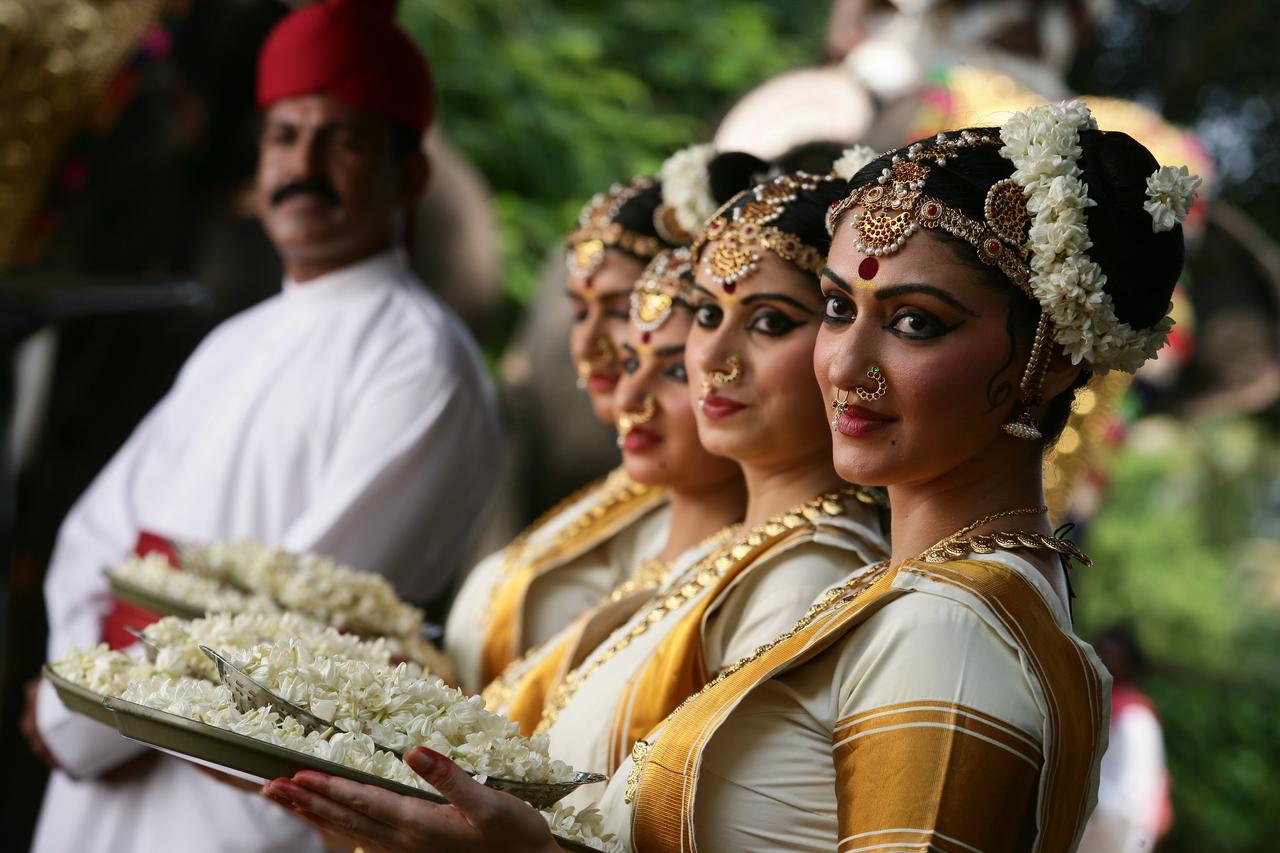
One thing, you’ll love there is Kerala has several famous shops selling textiles, gold ornaments and other handicrafts in cities like Kochi, Trivandrum, and Thrissur. Handicrafts such as mirrors, wooden boats, Chinese fishing net models, elephants made out of wood, etc are souvenirs you might want to take back. Khataisons and Surabhi on MG Road, Cochin are outlets that sell such handicrafts. Unlike the rest of India, there is very little scope for bargaining. Almost all the shops have fixed prices and you should try to get souvenirs from Kerala when you are returning from Kerala. Traditional Kerala settu mundu and kasavu saree is an ideal souvenir for woman and can be bought at Kasavukada, a brand name in Kerala Sarees.


